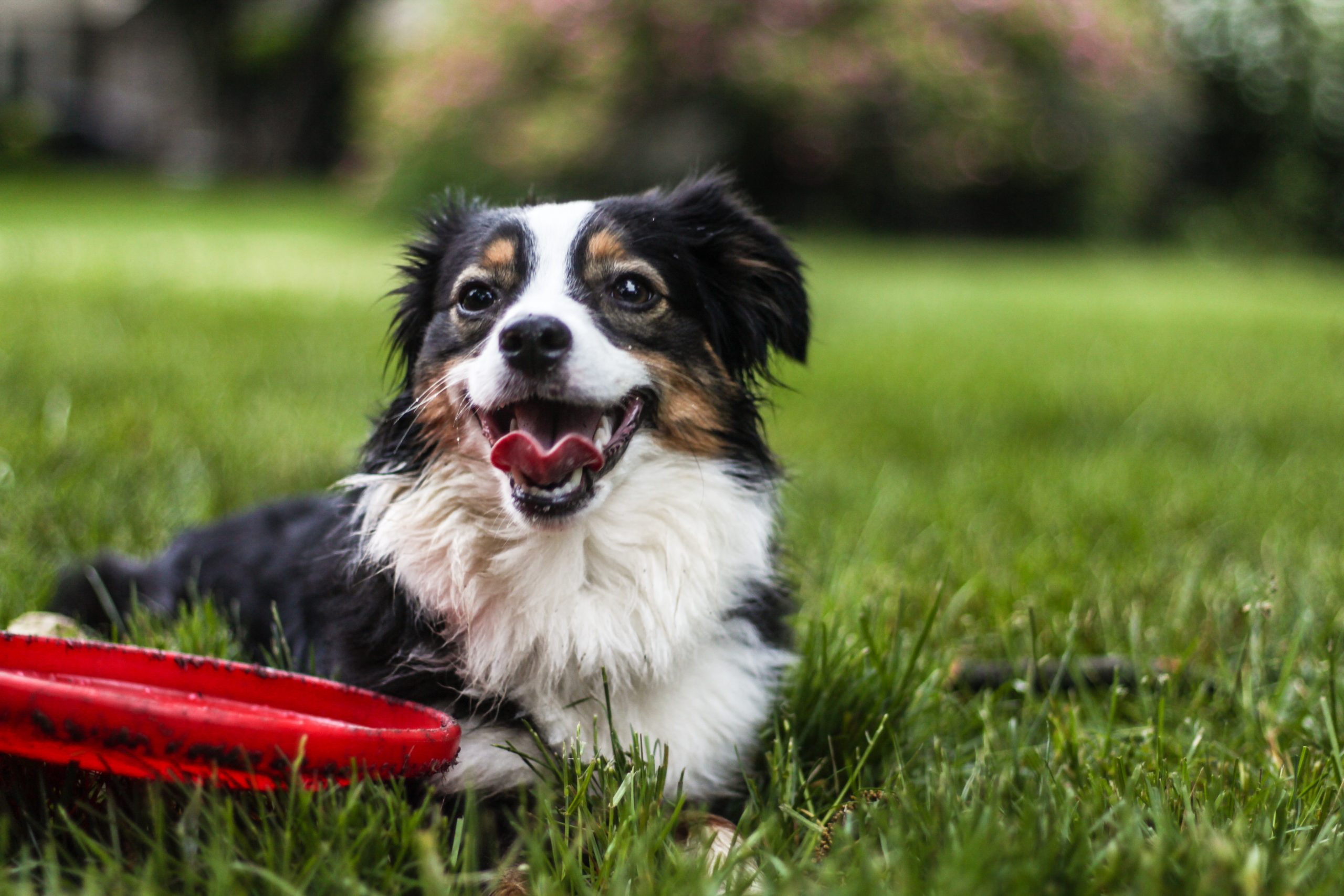
How to find the right dog trainer in New Orleans
- by cpc_admin
Whether you are a first-time dog owner or you are just wanting to learn how to better care for your dogs, finding the right dog trainer can make all the difference. The right dog trainer can strengthen the bond between you and your dog while helping you to improve their behavior. Dogs of all ages may benefit from training, but be sure to communicate with your trainer if there are specific behavioral issues you want to work on. With so many options, it can be difficult to decide who might be best, but we have some great tips to follow to help with your search.
So where should you start? Asking friends, acquaintances or your pet sitter/dog walker for recommendations is a great first step. Ask about their experiences, what they liked about the trainers they worked with, and definitely ask what they may not have liked about their training experience. Remember, everyone has different expectations, so analyze what they didn’t like just as much as what they say they did like.
We suggest meeting with at least 2-3 trainers to get a feel for their personality and training styles. There are two major types of training styles, positive training and classic training. However, dog trainers can vary greatly within these categories or use a combination of the two. Take notes, and bring a list of questions to ask them. Their time is valuable, so try not to take too long, but they should be open to answering your questions and should understand that you want to make sure you find the best fit for you and for your dog. Here are a few topics you can discuss:
- Ask about their experience. How many years have they been working with dogs? What type of environments have they worked in? Do they have any certifications or formal education? Did they work under another trainer before stepping out on their own? Just because someone doesn’t have years of official experience does not mean they aren’t a great trainer. If you feel that they are a great fit, you might see if you could do a trial session just to see how things go or ask to observe another training session.
- Next, find out about their training style or methods. There are a variety of styles, and you want to make sure you are comfortable with what they will expect from you and your dog. You also want to discuss what their goal of training is and make sure it aligns with your goals. Do you have a family dog that just needs to learn basic manners?Will you take your dog out in public often? You should have a clear idea of what you are wanting out of training to help ensure you and your trainer are on the same page.
- Ask about what training types they offer. Do they offer group classes, one-on-one training, in home training, or a combination? Each of these types has its own set of benefits. Group training can help your dog with reactivity and distractions, and help them listen to you better even when a lot of things are going on. Individual or one-on-one training may be best at first, to cover the basics. This is also a great option for advanced training needs. In-home sessions are excellent when trying to break habits that your dog may have. Habits such as bolting out the door or getting overly excited when someone comes to your home. This can also be beneficial for your trainer to see how you and your dog interact in your home. They can observe your routines and get a feel for the family environment. This is also a great way to start with your trainer, so that they can develop a better plan to reach your goals.
- Make sure they will be including your whole family. If you have a partner, spouse, or children, they should be involved in the training at some point. Often, one person attends the training, which is great for most sessions. However, anyone who will be living or working closely with your dog should have a firm grasp on the commands and expectations that are being placed on your dog. Allowing them to attend training sessions will ensure long term success for your dog.
One issue that pet owners face when beginning training is not allowing enough time to reinforce the techniques. Remember that you need to schedule time for your appointments, but you also must work with your dog every day to reinforce the new behaviors you want them to learn. The key to training your dog will be consistency. Not only from you and your trainer, but from other members of your household. Your dog will not understand why one person allows certain behavior but another does not, and it can hinder the training process.
We hope these tips will help you find the best trainer for you and your dog. You want to find someone who will work with you and who will respect your goals, but who will also challenge you and your pup to work together and strengthen your bond. We would love to hear if you have a recommendation for a trainer or if you have any additional tips for finding the right dog trainer!
Whether you are a first-time dog owner or you are just wanting to learn how to better care for your dogs, finding the right dog trainer can make all the difference. The right dog trainer can strengthen the bond between you and your dog while helping you to improve their behavior. Dogs of all ages…